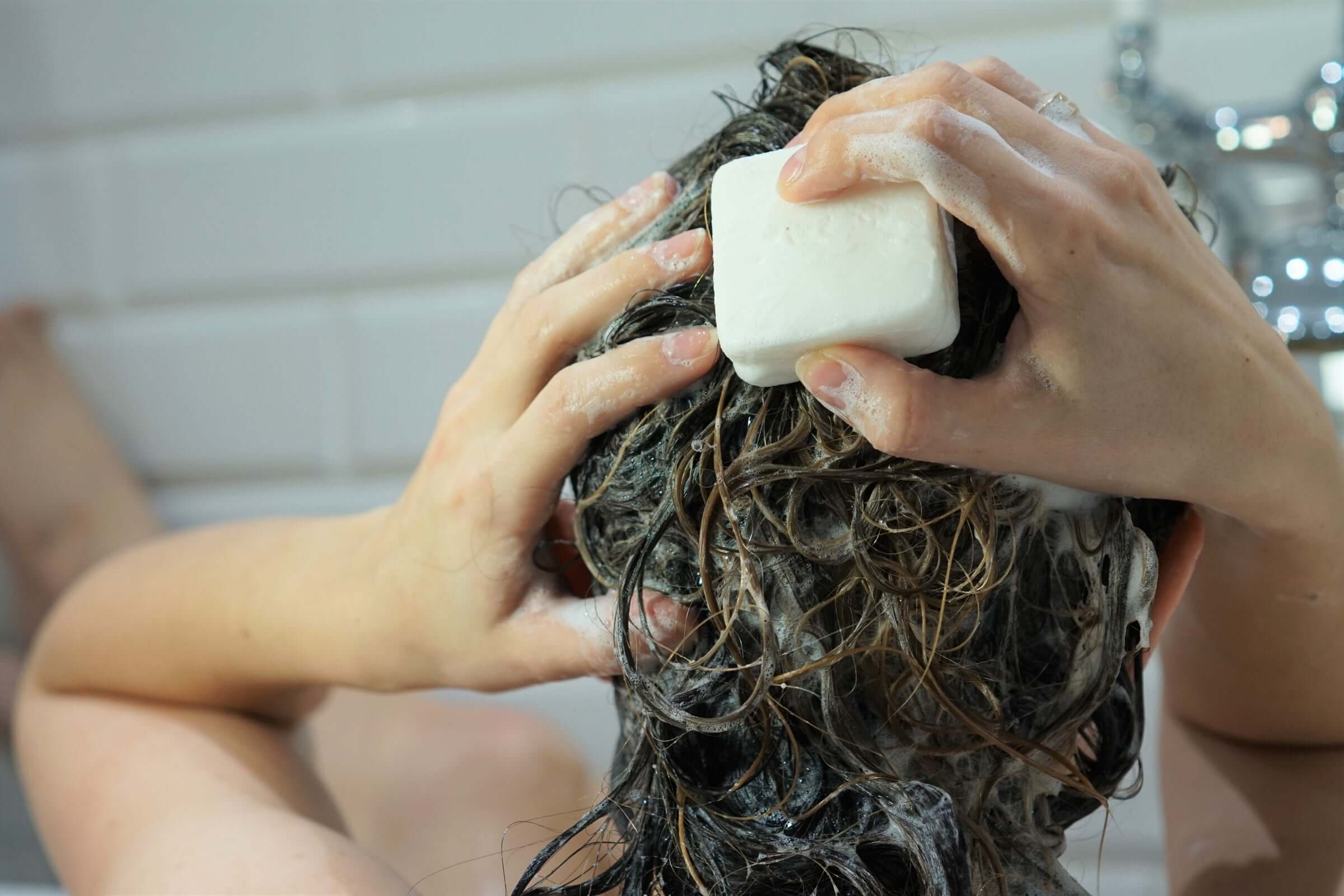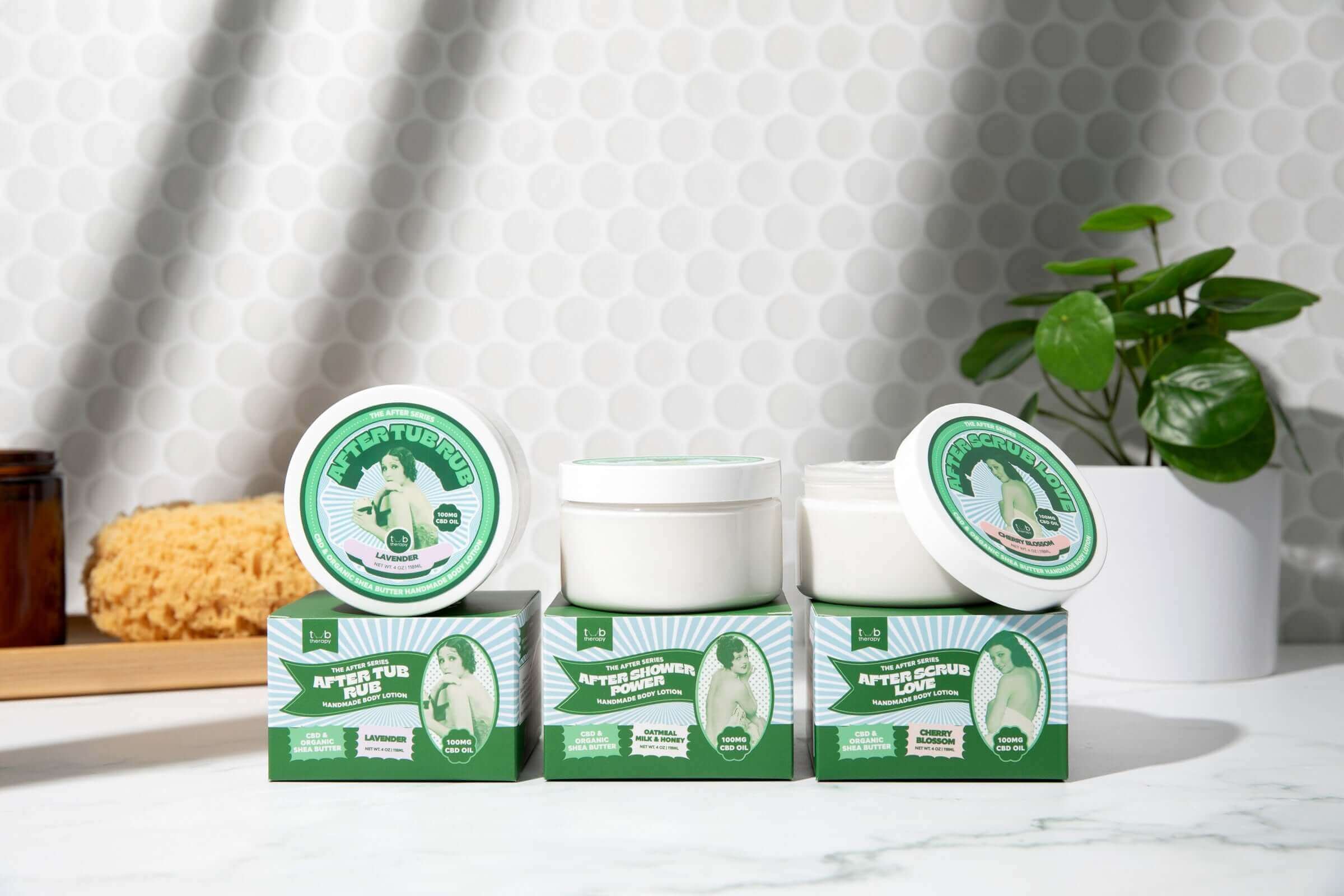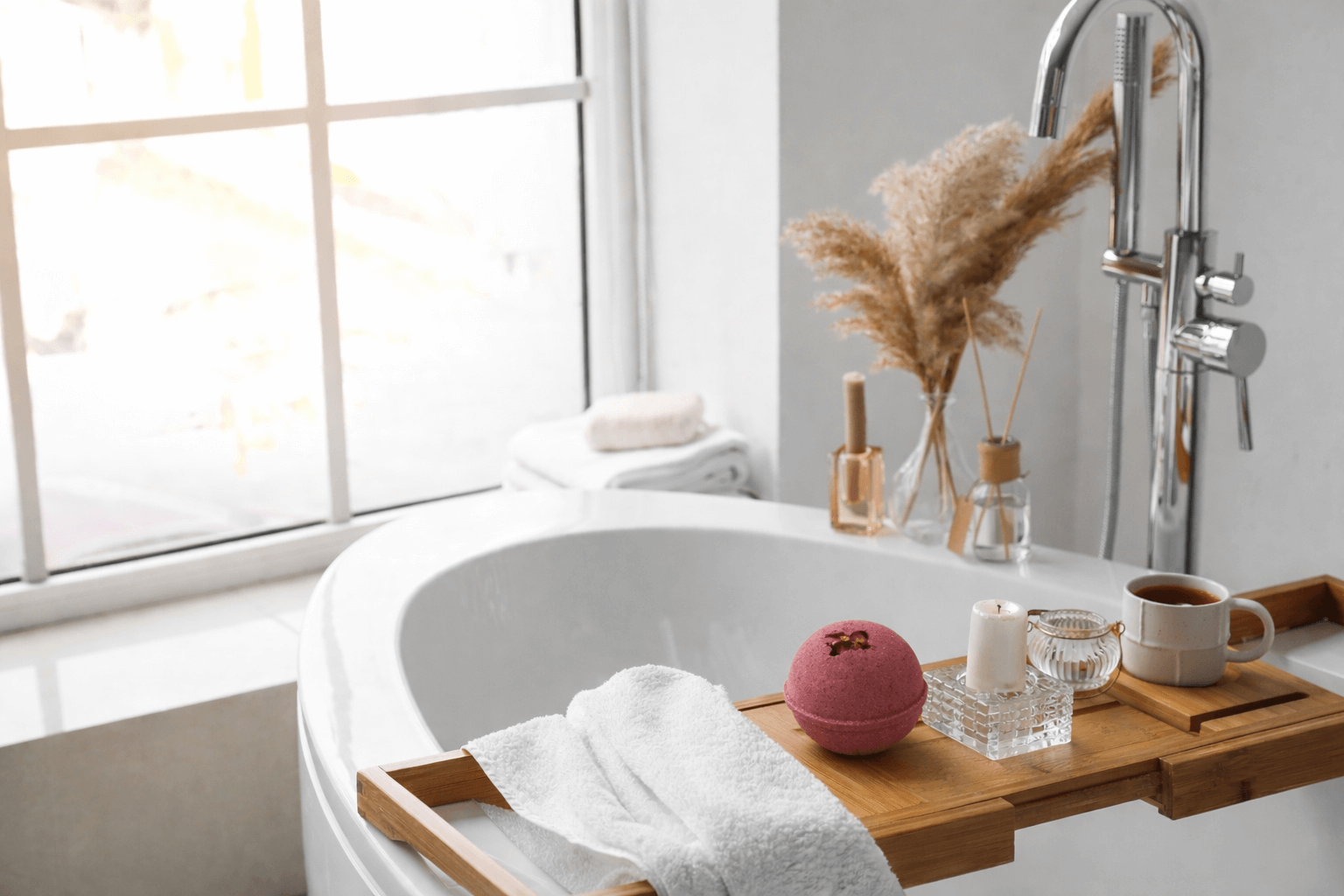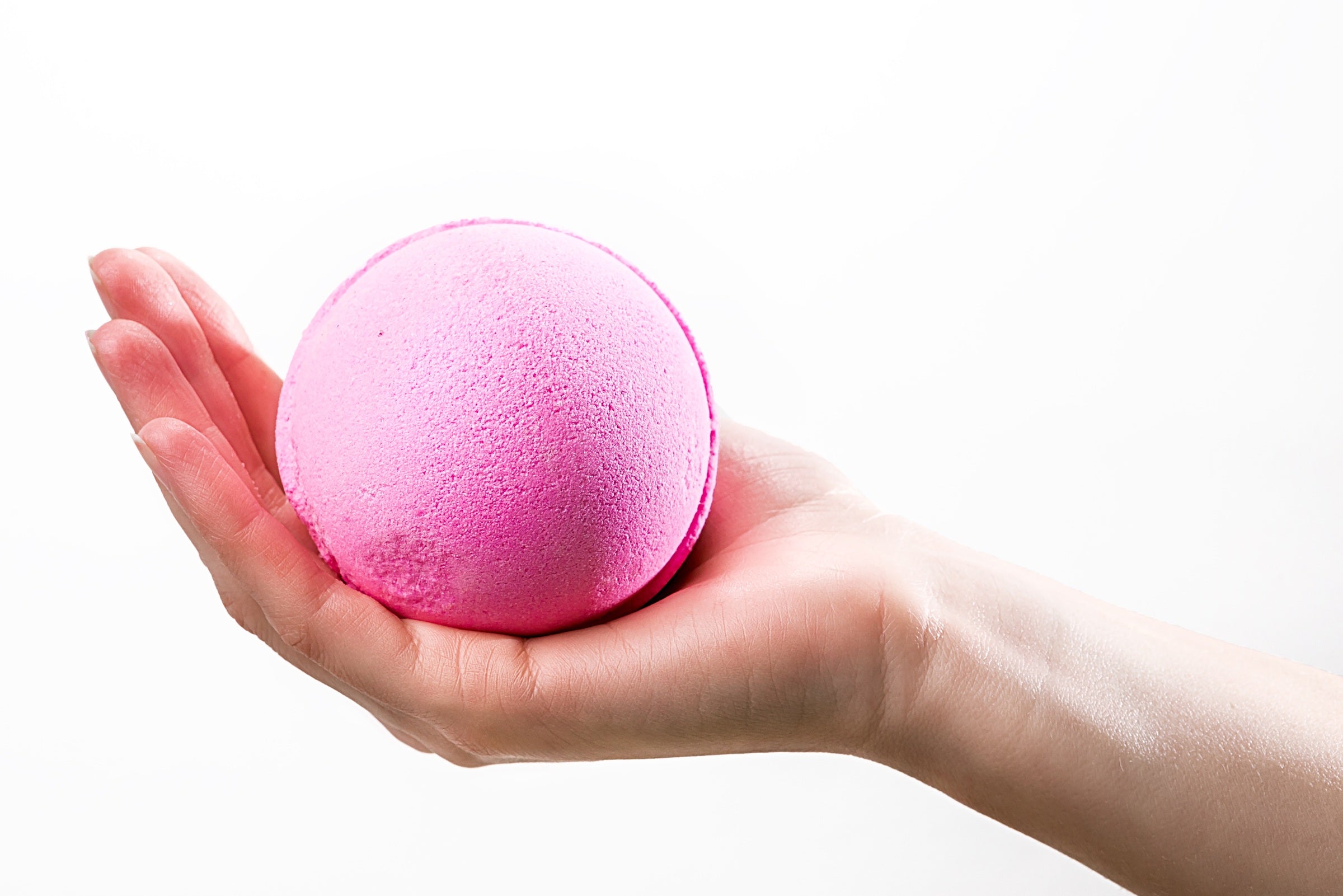Shampoo MIA: Is it ok to wash hair with soap?

We’ve all been there before - You're standing in the shower, ready to tackle the day ahead. Your hair feels like it's auditioning for a role in a horror movie – slimy, sticky, and in dire need of a clean-up crew. You turn on the water and instantly feel the rush of refreshment. You reach for your trusty shampoo bottle, only to find it empty. You squeeze it, hoping for a miracle, but alas, it's drier than your Aunt Mildred's sense of humor.
Desperate times call for desperate measures, so you glance at the lone survivor on the shelf – a humble bar of soap. But can a bar of soap wash away the sins of your hair?
Washing your hair with soap may seem like a new concept, but believe it or not, it's been a tried-and-true tradition long before the word "shampoo" entered the scene.
Before shampoo, how did people wash or clean their hair?
Humanity has made significant strides in the past century when it comes to personal hygiene such as washing the hair. In fact, shampoo wasn’t invented until the 1930s. Before its advent, people often used natural substances like soapwort, clay, plant extracts, and natural soaps, to cleanse their hair. Castile Soap was a popular choice, along with P&G's "Ivory Soap," which originated in 1859 through the innovation of William Procter and James Gamble.
According to Our Heritage of Health, a book published in 1852 called "Hints on Health" suggests that the best way to cleanse hair is with mild soap and water, emphasizing thorough rinsing with ample tepid water afterward. We quote, "To cleanse the hair, there is nothing better than soap and water ... the soap, of course, should be mild, and well and plentifully rubbed in, and afterward thoroughly removed with an abundance of tepid water."
However, while it was once acceptable to wash your hair with natural soaps, the key word here is "natural." In today's world of personal care and hygiene, many soaps are laden with chemicals and ingredients that may do more damage than good to your hair.
Therefore, when choosing to cleanse your hair with soap, your best bet would be to use the natural varieties. These soaps boast a shorter, more nurturing list of ingredients straight from Mother Nature herself.
But the benefits don't stop there!
The Pros of washing hair with soap
Budget and Eco-Friendly
While specialized shampoos can leave a dent in your wallet, a humble bar of natural soap is often a thrifty alternative that won't break the bank while also being eco-friendly.
Unlike liquid shampoos, which typically come packaged in plastic bottles that often end up in landfills or polluting our oceans, soap bars require minimal to no packaging. This reduction in plastic usage helps to decrease the demand for new plastic production and minimizes the amount of plastic waste generated.
Compact and Convenient
Who has time for a cluttered shower shelf? With a bar of soap that can do double duty, you can streamline your routine and spend less time fumbling for products and more time belting out shower karaoke hits. Plus, its solid form makes it a jet-setter's dream, perfect for bypassing liquid regulations and dodging pesky leakage issues while traveling.
Multi-Tasking Suds
Natural soap isn't just a one-trick pony; it's a multitasking marvel. Not only can it step up as a shampoo, but it's also versatile enough to cleanse your body, face, and even your furry friends.

All-natural goodness: Tub Therapy Soaperstar CBD Bath Soap in Oatmeal Milk & Honey, $16 each
Now, before you toss your shampoo out the window and stock up on soap bars, let's talk about the cons. Here's why you might want to think twice before sudsing up your locks with the ol' bar of soap.
The Cons of washing hair with soap
Strand Stress
While soap might work wonders on your body, it can be a bit heavy-handed when it comes to delicate hair. Homemade soaps have a pH level between 9 and 10. This alkaline nature makes it good at cleaning dirt and bacteria from your skin. However, our hair and scalp have a different pH level, which is slightly acidic, usually between 4.5 and 5.5.
This acidic environment helps keep bacteria and fungi from growing on your scalp. But if you use soap to wash your hair, which is alkaline, it can mess up the natural balance of your hair. The alkalinity of the soap can damage the natural proteins in your hair, like keratin, making your hair dry and brittle over time.
Tangled Tales
Ever tried combing through a haystack? That's what your hair might feel like after a rendezvous with soap. Your hair will feel coarse and not nice to run your fingers through. Without the conditioning agents found in traditional shampoos, you could be left with a tangled mess that's more hassle than it's worth.
Product Predicament
Let's face it – not all soaps are created equal - even the natural kind. While some may leave your locks luscious and loving life, others could leave you reaching for the nearest hat to hide a hair catastrophe.
Our verdict?
Next time you're stranded in the shower with an empty shampoo bottle, don’t despair! Turning to natural soaps for hair cleansing is completely fine. After all, our ancestors did it, so why shouldn't we? Just ensure the soap is crafted from all-natural ingredients, as the ones lining grocery store shelves often harbor chemicals that can wreak more havoc on your hair.
Ultimately, while soap can serve as a convenient and cost-effective option for cleansing, it may not be the best choice for everyone's hair care needs. Individuals with specific hair concerns or sensitivities may benefit from using dedicated shampoo products tailored to their hair type.
If you're really keen on exploring the world of soap-based hair care, the shampoo bar is a game-changer. A shampoo bar is essentially a solid form of shampoo, compacted into a convenient bar shape. It operates much like a traditional shampoo but without the need for plastic packaging, making it an eco-friendly alternative.
Happy hair washing!



